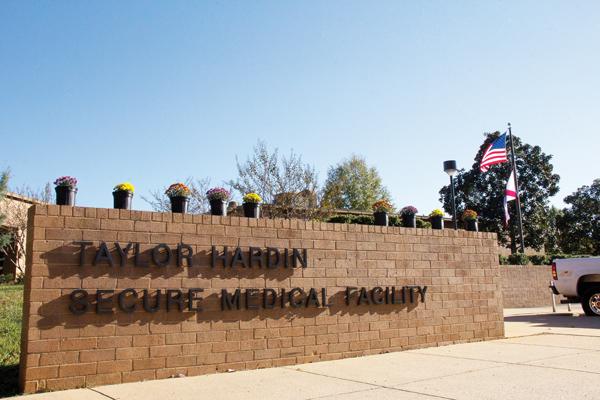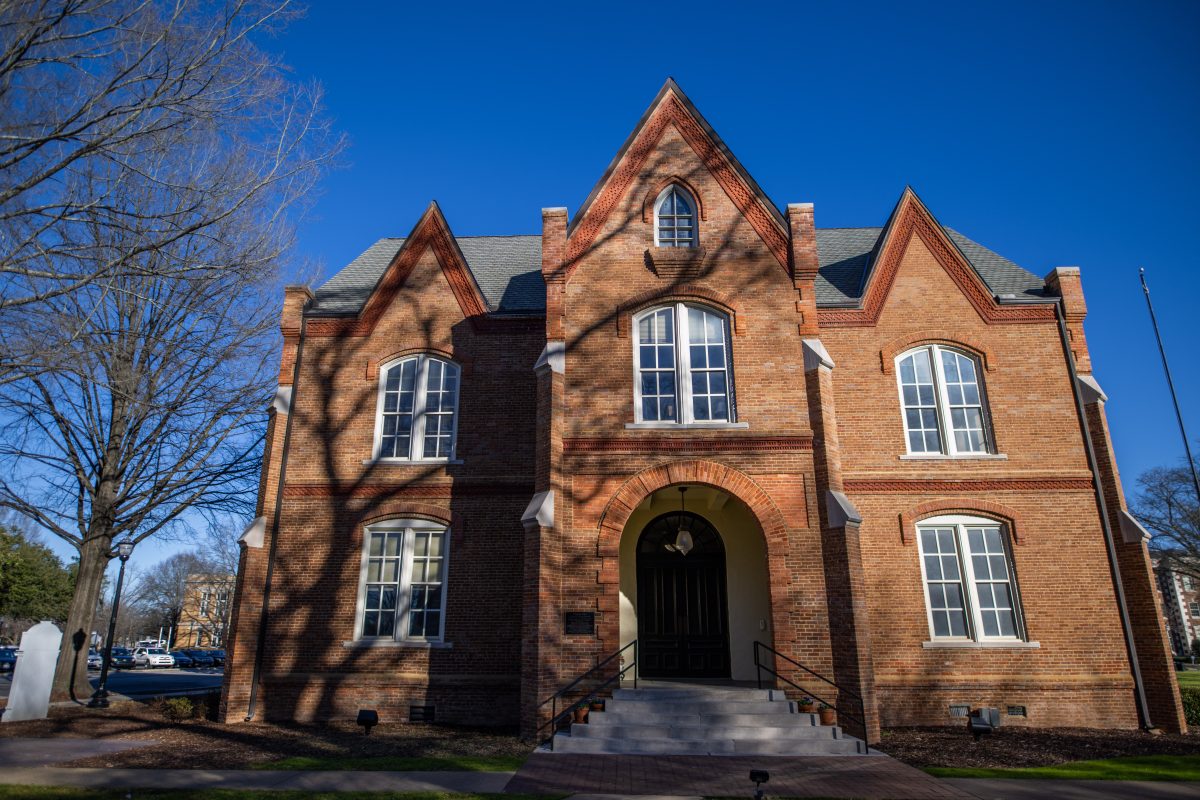A high-profile local case could soon put a spotlight on the strains on Alabama’s mental health facilities due to state budget cuts. Nathan Van Wilkins, the man arrested for injuring 18 people when he allegedly opened fire into The Copper Top bar on July 17, pleaded not guilty on Aug. 17 to 68 counts in connection to the shooting, according to a report from al.com.
Wilkins has pleaded not guilty by reason of insanity, according to al.com. If he were to win his case with this defense, though, state cuts could affect or even delay the treatment the court would order him to receive.
Although a well-known defense in criminal law, the insanity plea is rare, according to Joseph Colquitt, the Beasley Professor of Law at The University of Alabama School of Law. Beasley cited an eight-state study that found the plea is used less than one percent of the time in the cases reviewed.
“At that rate, only two or three cases in a thousand would be expected to result in an insanity verdict,” Colquitt said. “Moreover, a substantial majority, 75 percent or more, of insanity acquittals result from an agreement by the prosecution and the defense on the validity of the defense rather than as a result of a jury verdict from contested evidence.”
Despite the low rate of cases, John Toppins, director of psychology services at the Taylor Hardin Secure Medical Facility in Tuscaloosa, said patients often experience delays getting admitted even after a court order, because of the limited number of beds available. The Taylor Hardin Facility treats patients after they receive a not guilty verdict for reason of insanity.
“Many times patients will be admitted for treatment a year or more after they have been charged,” Toppins said. “Even when the court has ordered treatment, sometimes it can take three months to get into Taylor Hardin because we can’t accept a new patient without an open bed.”
Toppins said the Taylor Hardin Facility also does pre-trial work with patients.
“Not guilty for reason of insanity patients are treated in our facility after receiving this verdict from the courts. Pre-trial patients have been charged with a crime and have not been seen in court, yet,” Toppins said. “In many cases, patients are also evaluated regarding their competence to stand trial, which is a constitutional right. Patients aren’t always assessed for both cases, but it’s pretty common for these to go hand-in-hand.”
Toppins said after observation and analysis, Taylor Hardin Secure Medical Facility psychologists draft reports and provide opinions before the courts regarding a defendant’s current mental state and during the time of the crime.
This work, Colquitt said, is part of the development of an insanity defense.
“Normally, the insanity defense is supported by evidence developed through mental examinations and testing by psychiatrists, psychologists and other mental health treatment professionals,” Colquitt said. “In many cases, lay testimony concerning the defendant and any aberrant behavior observed by a witness or witnesses is support of the insanity defense.”
According to the Alabama Constitution, mental disease can be a defense for any crime if the accused proves an inability to comprehend, at the time of the crime, the severity of the act because of mental disease or defect.
“The main question [regarding the criminally insane] is the mental state of the defendant at the time of the act,” James Tucker, the assistant director of the Alabama Disability Advocacy Program at The University of Alabama, said. “Essentially, mental health staff to try to determine whether or not the defendant had the mental capacity, at the time of the crime, to form criminal intent.”
This staff might soon thin out. Last spring, the Alabama Department of Mental Health announced plans to lay off 948 employees and close many psychiatric hospitals in the state, according to al.com. Tucker said Alabama citizens should be concerned about the cuts—over the past four years, the Department of Mental Health has been cut by $40 million.
“There is definitely a reason for citizens of Alabama to be concerned about the cuts facing mental health and social service programs in the state,” Tucker said. “There were probably places that needed to be cut back, but I don’t understand why we need to cut $40 million when federal funding can match almost 2:1 for community-based treatment facilities.”
Tucker suggested state investment in more community-based treatment centers, rather than institutional treatment centers like Taylor Hardin Secure Medical Facility.
“Institutional care is now largely viewed as a last resort,” Tucker said. “At a place like Taylor Hardin, the state of Alabama pays 100 percent of the cost for each bed. These institutions don’t receive any money from the federal government. However, community-based services, like outpatient centers and group homes, costs are largely matched by federal funds.”
However, Toppins said the budget cuts haven’t affected Taylor Hardin Secure Medical Facility treatment or intake rate, despite being short on psychiatrists and psychologists.
“The budget cuts don’t affect our treatment. If we’re short-staffed, then everyone just works overtime. The work doesn’t change even when we’re understaffed,” Tobbins said. “If a patient stays longer, it doesn’t necessarily affect the ability for another patient to begin treatment at Taylor Hardin. We’re talking weeks here, not a horribly long time.”
Tucker said current fund allocation and budgeting may make Department of Health programs impossible to maintain in coming years.
“We are approaching a point when the department of mental health won’t be able to sustain itself,” Tucker said.







